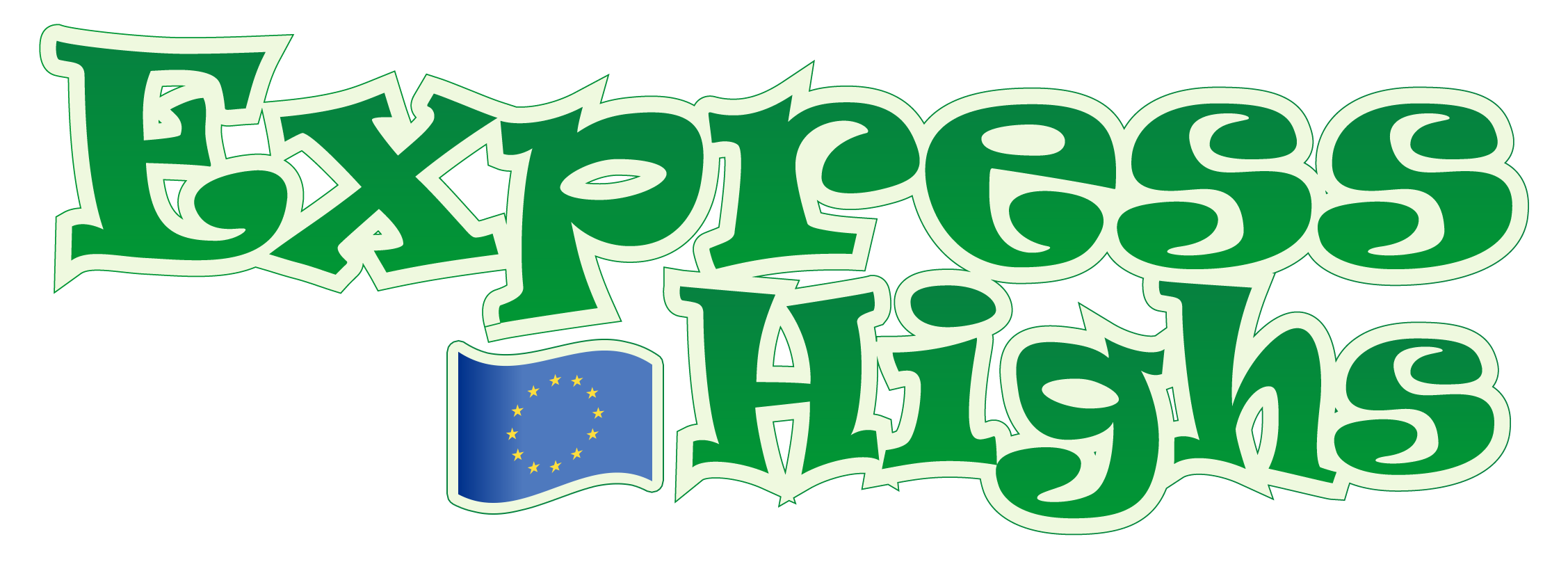The Latest on the “Complicated” Blanket Ban on Legal Highs UK
Laughing gas and poppers will be outlawed by the blanket ban on legal highs UK. Theresa May, Home Secretary, met with drug advisers to talk about and discuss on the latest draft of the new psychoactive substances bill, which according to opponents will just outlaw even harmless medicines. In the latest development, nitrous oxide (laughing gas) sellers are going to face jail time of up to seven years when the new blanket ban is implemented. This blanket ban will be outlawing club drugs, including laughing gas capsules and poppers, said a minister at the Home Office. This statement of Mike Penning, a police minister, came out as the Home Secretary was preparing to meet her expert drug advisers to talk about their warning that the new ban was unenforceable, along with the serious risk of following unintended consequences. Keir Starmer, ex-director of the public prosecutions, expressed concerns that the ban, which second reading would be due in November, failed at aspects of distinguishing between the harmfulness of various legal highs UK that will help courts in operating a sensible regime of sentencing. In addition, there was work that is still to be done before implementing the bill that would ban the NPS, but it would protect and save the lives of the people, Penning conceded. He added that some psychoactive substances used every day, including alcohol, coffee and tea might be in a definitive list would that be available for publication during the second reading of the Commons taking place in November this year. However, poppers and laughing gas, he confirmed, would be included in the ban. The chair of ACMD, Les Iversen, confirmed and brought up the warning on the unenforceable aspect of the legal highs blanket ban when he appeared in the recently concluded MPS. To critic Theresa May’s approach on dealing with new psychoactive substances, the ACMD, in a July statement, wrote and detailed the eight different problems with the new bill, such as warning that it risks imprisoning or jailing sellers of even evidence-based and benign medicines. Les Iversen told that their office is in correspondence with May over the summer. She and the council met to talk about their concerns. He added that May had moved their points, including agreeing that they, the ACMD, should participate and have their role in the coming implementation. However, he expressed that the main issues lie in the legislation itself, and mentioned a critical point that a substance’s psychoactivity might be hard to prove in the court. Therefore, there should be a different definition. They told May that the blanket ban’s scope was so generally drawn that it might lead to unintended, unwanted consequences. They added that there should definitely be a complete list of exempted substances before implementing the new law. However, there would still be a possibility that even harmless substances may be included no matter how carefully the law would be drawn. That’s about the latest in this complicated new blanket ban that would soon criminalize all psychoactive substances, including poppers and nitrous oxide. But that’s something that legislators and drug experts have to be clear on especially that the new ban is more likely to include even harmless medicines.
